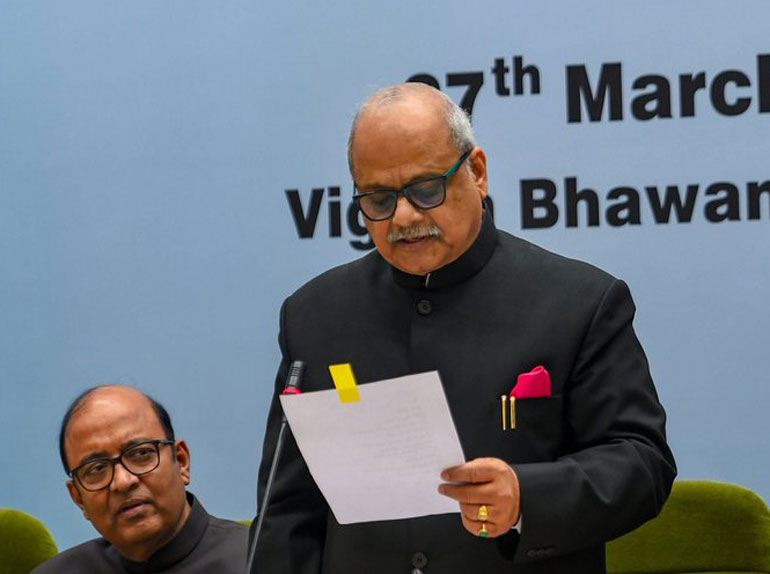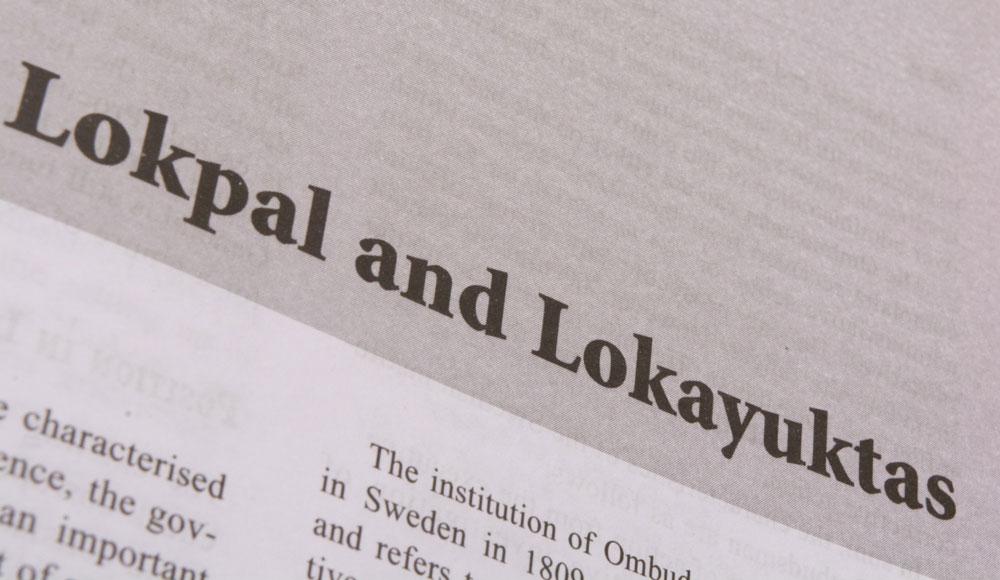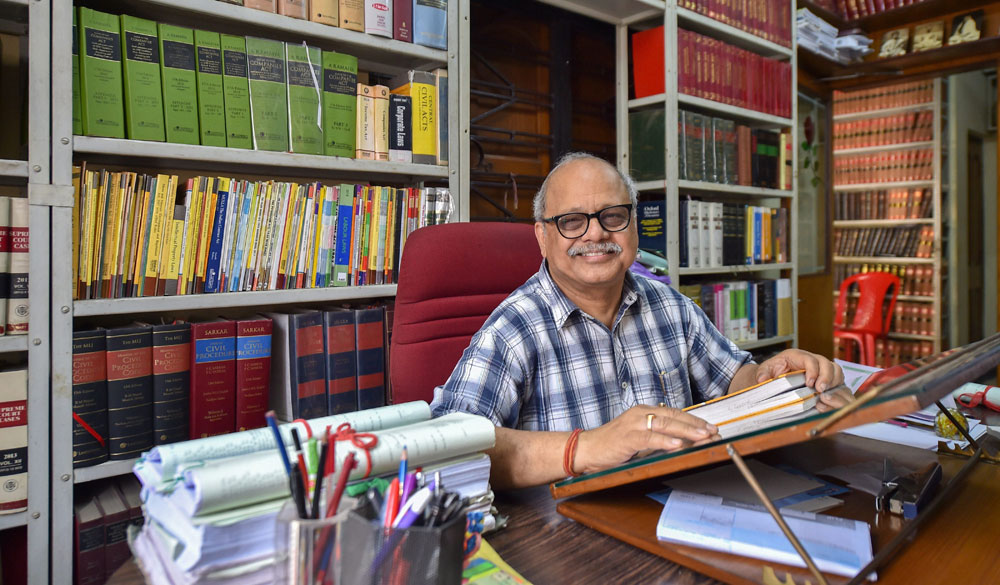The chairperson and eight members of the Lokpal have been appointed almost five years after the Lokpal and Lokayuktas Act, 2013 came into force. Few other pieces of legislation since Independence have attracted such attention and passed through such turbulence. In its broad scope — it covers public servants from the prime minister to the minions of the Union government (but not the armed forces) — in its wide-ranging powers to initiate investigation and direct prosecution, in terms of bestowing such high status to the chairperson and members, in ensuring that at least half of the members are from minority groups, in investing the Lokpal with the power to supervise any investigating agency, including the Central Bureau of Investigation, this comprehensive act, read with attendant amendments to various other acts, sets a new standard.
The Lokpal has enormous responsibilities to shoulder. Can it live up to the expectations? Can it institute changes, something that the Election Commission did under T.N. Seshan? The conduct of the first Lokpal will set the tune for the ones in the future. Certain issues must be kept in mind in this context.
The changing patterns of corruption must be comprehended, given the recent amendments to the Prevention of Corruption Act, 1988. Much of the corruption at the higher level is associated with complex economic decision-making in which private parties and government functionaries are involved. Will the Lokpal also carve out a role for itself to act against private parties? Differentiating between bona fide mistakes and wilful collusion to cause losses to the exchequer, or between misconduct and criminal misconduct, is crucial to ensure that the corrupt are identified swiftly, isolated and punished. The Lokpal must have at its disposal the technical expertise to steer through this labyrinth.
Occasionally, illegal money can be made by following the correct procedure. Harassing public servants (sometimes years after their retirement) for money made by political leaders through such a process does not yield dividends. Using investigative agencies to cower political opponents, especially when the regime changes, has become a norm. The Lokpal has to devise a means to address such concerns.
The Lokpal must examine the conditions that breed corruption. Since officials work under political pressure and have to take decisions in a time-bound manner based on inadequate information, the Lokpal has to ensure that rules for tenders and so on are drafted in a manner so as to serve public interest. Corruption in the middle and lower rungs often stems from the information asymmetry between service-providers and citizens. Much headway can be made by way of digitization, elimination of discretion and widespread sharing of information.
The Lokpal will have under it an ‘inquiry wing’ and a ‘prosecution wing’. It also has the power to attach properties temporarily. But if complaints are sent to the Lokpal and investigating agencies or if the government or the courts direct such agencies to pursue cases, it can result in the overlapping of jurisdiction. Another issue that requires consideration is the provision of an appeal to the high court or the Supreme Court against an order of the Lokpal. It will be interesting to note the higher judiciary’s response in such instances.
There can be attempts to undermine the Lokpal’s authority by people in power. Expanding the definition of corruption, burdening the Lokpal with work beyond its carrying capacity and keeping vacancies intact could be some ways of rendering the Lokpal ineffective. Civil society and the higher courts must keep a close vigil to prevent the Lokpal’s degeneration into another quasi-judicial body meant to accommodate superannuated judges and bureaucrats.












